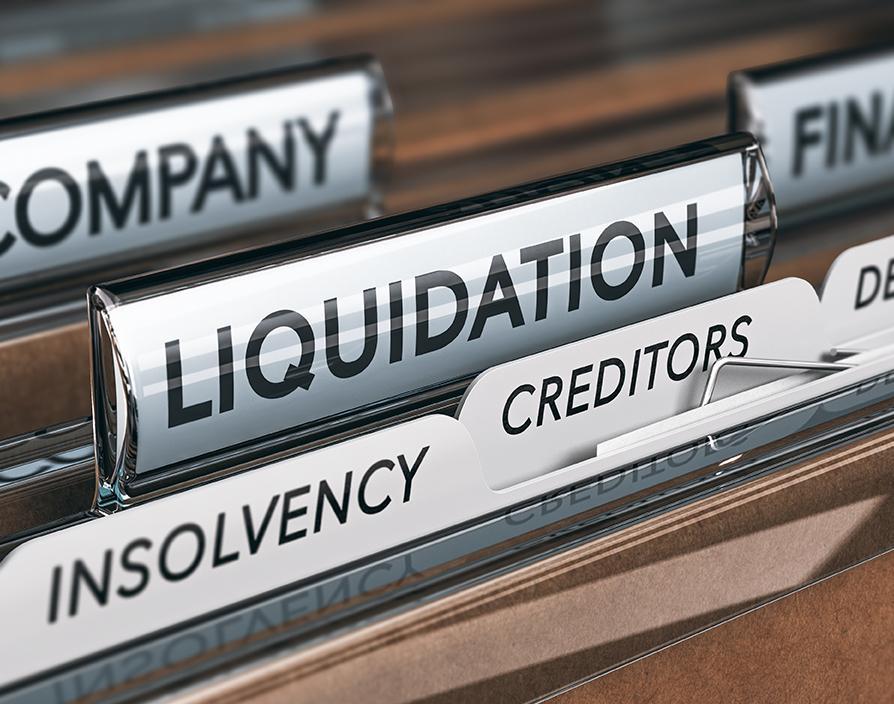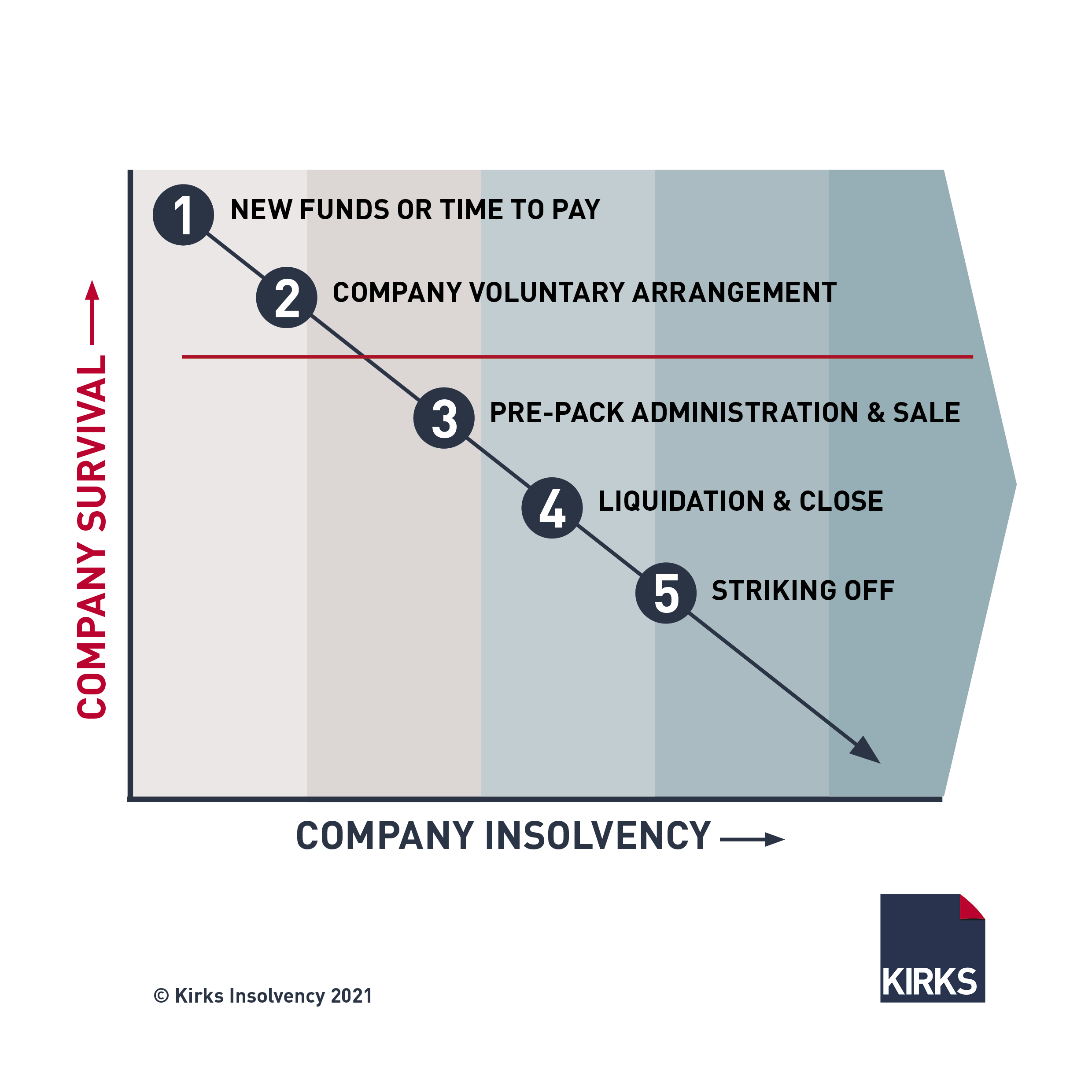The 10-Minute Rule for Insolvency Practitioner
The 10-Minute Rule for Insolvency Practitioner
Blog Article
Unknown Facts About Insolvency Practitioner
Table of ContentsSome Known Questions About Insolvency Practitioner.Our Insolvency Practitioner Statements4 Easy Facts About Insolvency Practitioner DescribedRumored Buzz on Insolvency PractitionerRumored Buzz on Insolvency PractitionerInsolvency Practitioner Can Be Fun For AnyoneThe Greatest Guide To Insolvency Practitioner
Insolvency is when obligations are better than the value of the business, or when a debtor can not pay the debts they owe. A business can come to be insolvent because of a variety of circumstances that lead to inadequate capital. When confronted with bankruptcy, a service or individual can speak to creditors straight and restructure financial debts to pay them off.Insolvency can result in insolvency procedures, in which legal action will be taken against the financially troubled individual or entity, and properties might be liquidated to settle arrearages. Company proprietors might call financial institutions straight and restructure debts right into more convenient installments. Financial institutions are commonly open to this strategy since they wish to be settled and stay clear of losses, also if the repayment gets on a postponed routine.
The Best Guide To Insolvency Practitioner
The proprietor produces a proposal describing exactly how the financial debt may be reorganized using expense reductions or various other prepare for support. The proposition shows lenders how the service might create sufficient money flow for rewarding operations while paying its financial obligations. Typically, a forgiven financial obligation may be thought about revenue by the Irs (IRS).

8 Easy Facts About Insolvency Practitioner Described
Business might wind up paying big quantities of cash in damages and be unable to continue procedures. When operations stop, so does the company's income. Absence of earnings leads to accounts payable and financial institutions asking for cash owed to them. Some companies become insolvent due to the fact that their products or solutions don't evolve to fit customers' changing needs.
Expenses surpass profits and expenses continue to be unsettled. Types of bankruptcy include cash-flow insolvency and balance-sheet insolvency. Cash-flow bankruptcy occurs when a firm has the properties to cover their financial debts but they are in the wrong kind, such as realty as opposed to liquid funds. Balance-sheet bankruptcy, on the other hand, shows an absence of assets in any kind of form to cover debts.
The internal revenue service states that a person is bankrupt when the complete obligations go beyond complete properties. A personal bankruptcy, on the other hand, is an actual court order that depicts exactly how an insolvent person or organization will pay off their creditors, or how they will certainly offer their assets in order to make the payments.
The Ultimate Guide To Insolvency Practitioner

Recognizing the factors that can lead Resources to bankruptcy, such as overspending, can assist you prevent bankruptcy and its repercussions.
Examine This Report about Insolvency Practitioner
It is popular that directors and police officers of companies (and supervisors of limited responsibility business) owe fiduciary obligations to their organizations and their investors (or members). These fiduciary obligations are specified by state laws and, though there are variants from state to state, they normally include a duty of loyalty and a task of treatment.
The duty of care needs supervisors and officers to exercise persistance, to make informed decisions, and to act in great confidence so that their activities remain in the most effective rate of interest of the company. Beyond the scope of this discussion, some states permit these responsibilities to be limited either by so noting in the organizational documents or conforming with other demands.
5 Easy Facts About Insolvency Practitioner Shown
The majority of states specify bankruptcy in 2 ways( 1) when a company's liabilities become higher than the sum of its properties or (2) when the firm comes to be not able to pay its financial debts as they become dueand embrace both definitions (Insolvency check these guys out Practitioner). The shift in obligations happens due to the fact that when a firm is financially troubled, there is no value in the firm beyond that owed to the firm's lenders so that the equity owners no longer have an economic risk in the business
Take care concerning providing shareholders favoritism at the expense of creditors (e.g., authorizing and moneying a dividend or a supply redemption). Be careful about favoritism between classes of shareholders. Clear up efforts to learn all the facts prior to taking a specific course of activity; supervisors need to truly think that any kind of choices made are in the best interests of the firm in its totality (i.e., decisions will be examined in hindsight in light of the result of such actions on the corporation).
In any kind of insolvency or insolvency case, payments made to certain lenders at the expense of other financial institutions can be clawed back, especially if there is some connection between the firm and the more tips here lender. Think about suggesting at an annual investor conference (or any type of other meeting of stockholders) a resolution affirming that all prior business choices and activities taken by the supervisors and police officers of the company were absorbed excellent belief after a workout of sensible treatment.
Some Known Factual Statements About Insolvency Practitioner
Completely divulge any individual or business connections with events on the other side of purchases involving the company to stay clear of the appearance of a problem of interest. In reviewing prospective fund raising purchases or a sale of possessions of the troubled firm, know that these transactions may be looked at later on because of any type of succeeding development of directors' fiduciary tasks to consist of financial institutions.
Report this page